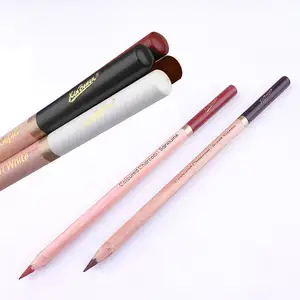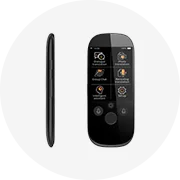
Battery Operated Electric Pencil Sharpener Portable Pencil Sharpener For Kids For No.2/Color Pencils 6-8mm School/Home


Xin Bowen 4 Pcs Graphite Pencil Set Red Color Carbon Material Sketching Pencil High Quality Sketch Pencil Set























Mechanical pencils, a staple in the world of writing instruments, offer precision and convenience for a variety of users, from students to professionals. Unlike traditional pencils, these tools are engineered with a refillable lead mechanism, making them a sustainable and long-lasting choice. The mechanical pencil stands out for its consistent line quality and the elimination of sharpening, providing an uninterrupted flow of writing or drawing.
The market offers a diverse range of mechanical pencils, including the kuru toga and graphgear 1000, each designed with unique features to cater to different preferences. The kuru toga pencil, for instance, is renowned for its rotating lead mechanism that maintains a sharp point. On the other hand, the pentel graphgear 500 is celebrated for its drafting capabilities, featuring a 4mm tip design for rulers and templates. The clutch pencil is another variant, known for its thicker lead, making it ideal for artists and designers who require a bold, expressive line.
Mechanical pencils are not just for writing; they are essential tools for a broad spectrum of applications. The rotring 800, with its full metal body and retractable mechanism, is a favorite among architects and engineers for its durability and precision. Students often prefer good mechanical pencils that are lightweight and equipped with a comfortable grip for extended writing sessions. Moreover, the uni kuru toga has gained popularity for its advanced features that cater to both writing and technical drawing needs.
Sustainability is a key factor in the design of mechanical pencils. Many are made from durable materials such as stainless steel, brass, or recycled plastics, ensuring longevity and reducing waste. The lead used in these pencils is also a consideration; it is typically made from a mixture of graphite and a binder, allowing for a range of hardness levels. This adaptability makes the mechanical pencil a practical choice for those conscious of their environmental impact.
The advantages of using a mechanical pencil are manifold. Precision is a significant benefit, as the fine lead allows for detailed work in technical drawings or fine handwriting. Additionally, the convenience of replaceable lead means that one pencil can last for years, providing an economical advantage. The variety of available lead grades also allows users to customize their writing experience according to their specific needs, whether it be for sketching or note-taking.
Selecting the right mechanical pencil can be a personalized process, as it depends on the user's specific requirements. For those seeking top performance in drafting, the pentel graphgear 1000 is a top contender. Artists might lean towards the kuru toga dive for its innovative features that enhance sketching experiences. Ultimately, the choice of a mechanical pencil should align with the user's writing style, comfort preferences, and the tasks at hand.